Down Below I have Given the link of Important Name reactions of Organic chemistry class 12, hope it will help you out. So, your board examinations are around the corner, we hope that you all are working really hard to achieve the goals you all have set for your board examinations.
You all must be knowing that from the year 2023-2024, your vocational subjects examinations will be started in the month of February and main subjects examinations will start in the first week of March. So, now it is important for you all to wind up with your syllabus by mid November and then devote your full time for your revision work to get better results.

Now, for revision it is important that you all know about the weightage that each and every chapter will hold to make your preparations much more better. With the help of these CBSE Class 12th All Subjects Latest Blueprints, you can get the complete idea of how much weightage that particular chapter will hold and how much time you have to give to that particular chapter.
Download CBSE board exam sample papers also and match them with the papers. With the help of these CBSE Class 12th All Subjects Latest Marking Scheme 2023-2024, you can distribute your time equally among all the subjects, because you will be able to know that how much weightage the chapter will hold and how much time you have to give to that chapter
Important Changes in CBSE Class 12 Exam Pattern 2023
As per the new circular, CBSE class 12 syllabus will not be reduced this year. In AY 2022-23, there will be around 25-27 questions in Science subjects i.e. Physics, Chemistry, Biology and Mathematics. The detailed changes are as follows:
- Multiple Choice Questions in English Language and Literature: In English Language & Literature, there will be multiple choice questions, fill in the blanks and synonym/antonym from unseen passages.
- Assertion and Reason Based Questions in Biology: The board has eliminated the multiple-choice questions from Biology and has framed assertion and reason-based questions. There will be around 5 one-mark questions but it will be more of descriptive nature. Candidates are suggested not to write answers of one word form in Biology.
Marking Scheme for Class 12 CBSE 2023
The exam pattern and marking scheme of CBSE 12th of some of the subjects is given in the following tables:
| Subjects | Theory Exam | Practical Exam |
|---|---|---|
| English | 80 | 20 |
| Sociology | 80 | 20 |
| Political Science | 80 | 20 |
| Physics | 70 | 30 |
| Mathematics | 80 | 20 |
| History | 80 | 20 |
| Geography | 70 | 30 |
| Economics | 80 | 20 |
| Computer Science | 70 | 30 |
| Chemistry | 70 | 30 |
| Business Studies | 80 | 20 |
| Accountancy | 80 | 20 |
| Biology | 70 | 30 |

CBSE Class 12 Chemistry Syllabus
CBSE Class 12 Chemistry syllabus has given 70% weightage to theory and the remaining 30% to practicals. The new syllabus of CBSE Class 12 Chemistry for the AY 2022-23 is tabulated below.
| S.no | Title | No. of Periods | Marks Allotted |
|---|---|---|---|
| 1 | Solutions | 15 | 7 |
| 2 | Electrochemistry | 18 | 9 |
| 3 | Chemical Kinetics | 15 | 7 |
| 4 | d -and f -Block Elements | 18 | 7 |
| 5 | Coordination Compounds | 18 | 7 |
| 6 | Haloalkanes and Haloarenes | 15 | 6 |
| 7 | Alcohols, Phenols and Ethers | 14 | 6 |
| 8 | Aldehydes, Ketones and Carboxylic Acids | 15 | 8 |
| 9 | Amines | 14 | 6 |
| 10 | Biomolecules | 18 | 7 |
| Total | 160 | 70 |
My friend, you have a very good goal. I gave my 12th boards this year aimed to get 70/70 too. Instead, I just got 64/70 due to some mistakes.
There are a few things to keep in mind first:-
- Chemistry has more facts than concepts and tests your memory power. It is in a way opposite to physics. Take the statement: “The melting point of the element is 380 K”. You cannot why its melting point is 380 K. It is just a fact that you need to remember.
- You will get marks easily if you know the subject. Chemistry is mostly based on chemical equations and theory and weightage for numericals is comparatively less. Hence if you prepare well, you can gain marks easily since you will be sure of the answers.
- Small mistakes cost you lot of marks. If your answer deviates from the correct answer, you cannot expect partial marks for your answers, It’s either you get full 1 mark or 0 marks for a 1 mark question.
- Penalization increases when you cross 60/70. As you cross 60, teachers will be more strict when it comes to paper checking and paper will be checked twice (or sometimes, thrice). So even making small mistakes can cause you to lose a bunch of marks.
Now when it comes to getting a full score, there are two areas which you should consider:-
- Preparation
- Presentation
- Let me explain the two one by one:-
PREPARATION:-
Preparation accounts for 70%–80% for your score. Here people make few mistakes during preparation which I say first, hence you avoid them.
- Underestimating the paper and the subject: This is a mistake that usually many make (including me). Previous year questions have less chance to repeat and questions that are never seen before still occur every year. Any word, including pictures, graphs and small captions beside pictures from NCERT has come, can come and will come in exam. Never skip any part of NCERT book (Including examples, chemical equations and exercises, theory and graphs). Even small chapters can make you lose marks. This happened to me this year. We have a metallurgy chapter for 3 marks from which only theory and principles were asked for previous 10 years papers. Hence, I did not study any chemical equations in that chapter. But this year, chemical equations involving gold leaching was asked for two marks. I got shocked. I wrote an skeletal chemical equation (without stochiometry) but still I knew that no marks would be given without stochiometry. Hence, I lost two out of four marks there.
- Not understanding the concepts properly: Though chemistry is based on facts, a number of topics have concepts which you need to understand and analyse instead of blindly remembering. These understanding of concepts helps in reasoning type questions and numericals.
- Reading textbook again and again when revising topics: This is another mistake people used to make. Reading textbooks repeatedly for multiple times is not at all beneficial. One tends to lose interest after studying multiple times.
- Studying only once and being overconfident: Even if you learn a chapter thoroughly during the beginning of the year, we people tend to forget it. Unless your memory is a computer hard disk, you must study the lesson one time before the boards (during Jan/Feb). Also, chemistry is a subject that requires lot of recalling.
- Studying a chapter in exam holidays gap. This is a mistake I made before the exam. I decided to study polymers and surface chemistry during the break before chemistry exam. But though it succeeded, It took a lot of time and I became very stressed. The study holidays must be used only for revision purposes and not for studying chapters.

Now to get scores in the exam, here are some tips:-
- Make notes while studying. This is a system I followed and it was really beneficial to me. Make notes of all concepts and facts (including examples, definition and graphs) and use only that to revising and recalling for your exams. If you make your notes the right way, you rarely need the textbook for rest of the year.
- Read once, recall ten times. Since chemistry is based on facts, you need to recall stuff a lot of times. Make mnemonics. Practice by writing equations again and again. Relate facts to things in your everyday life. Visualize them. Find a way to store the stuff in your head.
- NCERT is the mantra for success. Each and every question will come from NCERT and their answers will be in NCERT. But sometimes, NCERT is not that much student friendly, so you can use an additional book for second reference in case you don’t understand a topic at NCERT(I used Modern ABC). But when you write your answers, make sure that it is based on NCERT.
PRESENTATION:-
Presentation in an exam is like icing on the cake. Though a cake might be tasty, a wonderful icing will help to sell the cake off. There a few mistakes here too:-
- Not reading the question paper properly and/or overlooking some concepts. This mistake is like a silent poison. And the worst part is, most of the time this mistake will be found only after you submit your paper. Hence, make use of your reading time and read the paper well. (This is where I lost my other two marks, one in IUPAC nomenclature and another in a numerical).
- Not writing the formula used in numericals and/or units in answers. The exam is not a competitive exam and marks are allotted in marking scheme for formulas and units in answers. I think the rest is self explanatory.
- Scribbling the answers and writing it in different parts of the page. Remember that the examiner is just an ordinary person, not a forensic expert who enjoy putting together all the answers you write in different places. Your answer must be legible and must be continued in next page if the current page is full.
- Not striking the wrong attempt when two or more attempts are made to a single question. According to CBSE, if multiple attempts are made, then only the first attempt is considered and rest is striked out. Hence, strike all your incorrect attempts.
- Writing extra facts in answer which are incorrect. Sure, writing extra facts will make the examiner think that you prepared well and may award marks in your favour. But factually wrong statements and sentences will cause you to lose marks. Hence, If you are unsure about a fact, don’t write it unless it is required.
And here are some tips for getting that dream score:-
- Underline your answers. Once you finish checking all your answers after writing them, start underlining important keywords,phrases in every answer. It will facilitate the examiner and marks may be awarded in your favour.
- First impression is the best impression. This old proverb holds true even in exam. If not possible for the entire paper,try to keep the first few pages of the paper mistake free and legible. Elaborate the answers you know and make the examiner think that you are well prepared and ready to face anything.
- Check your calculations again. You are generally more likely to make mistakes in numericals than in theory. Hence, after completion, check the answers for the numericals.
- Check the time every now and then. Check the time after you complete every question. It will help to keep track for your time used and helps you to manage remaining time.
- Maintain an order. Though, you can attempt questions in any order, writing the questions in an order (forward, or reverse as I did) helps facilitate the examiner in checking.
- Maintain your health. Eat well and sleep well during board exams. Your physical health is really important and can make or break your exam. Never compromise sleep and healthy eating.
I have given my possible tips. Now its your turn to get 70/70! I wish you all the best!
Organic Name Reaction Pdf – Download
Important Objective questions class 12 Chemistry
Download chemistry 120 Important question
Download Maths 120 Important question
Download Biology 250 Important question


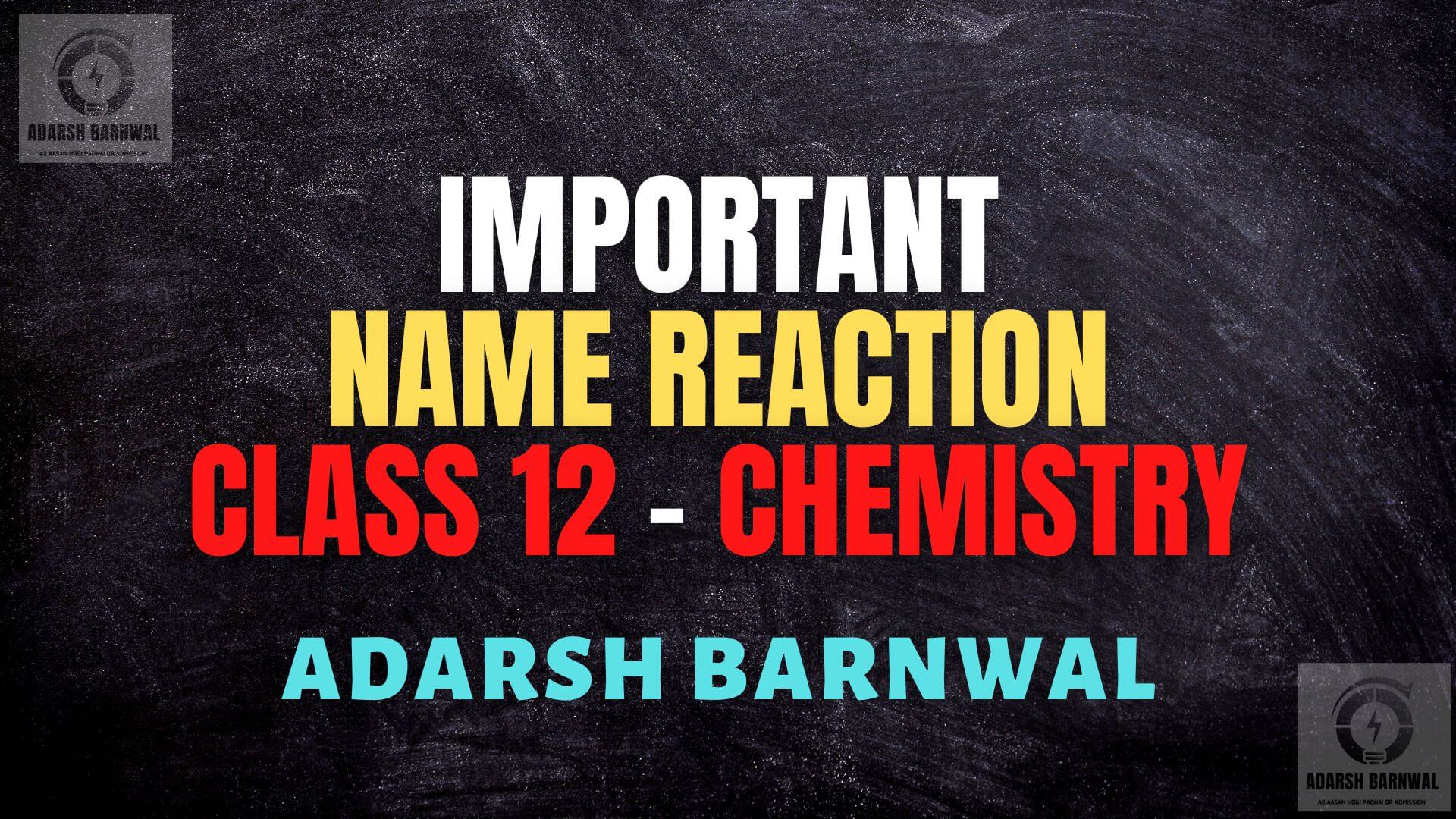
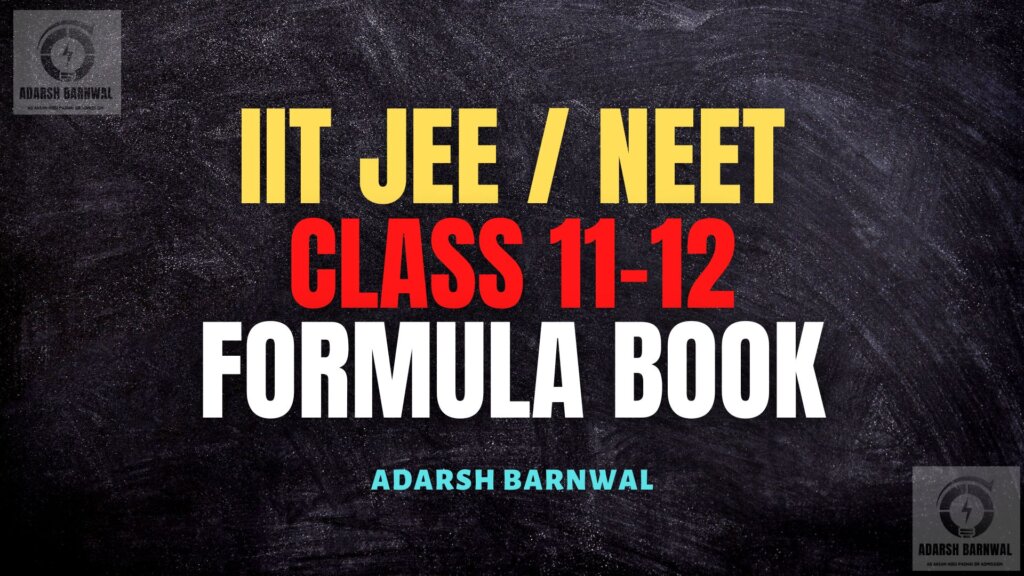
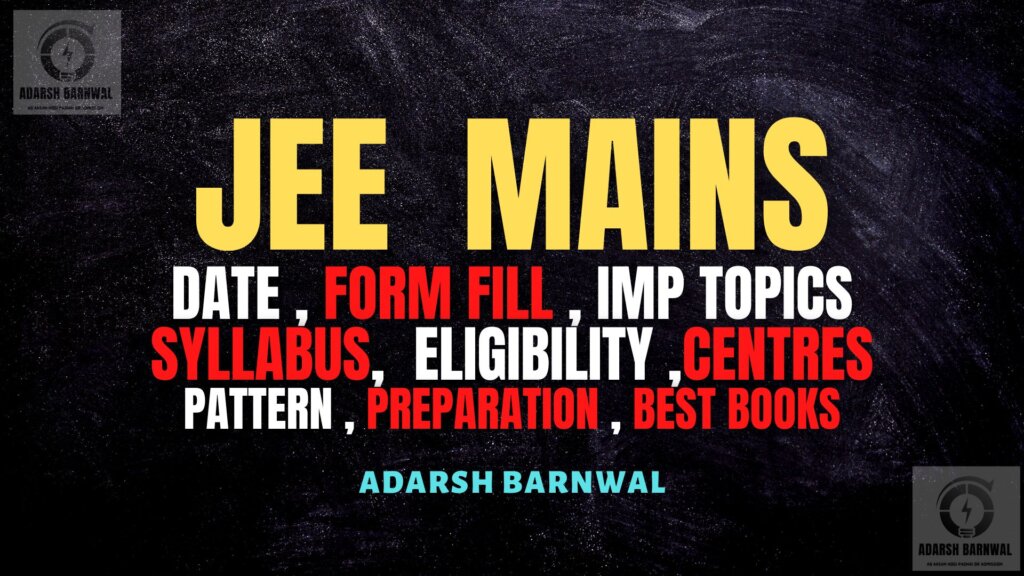
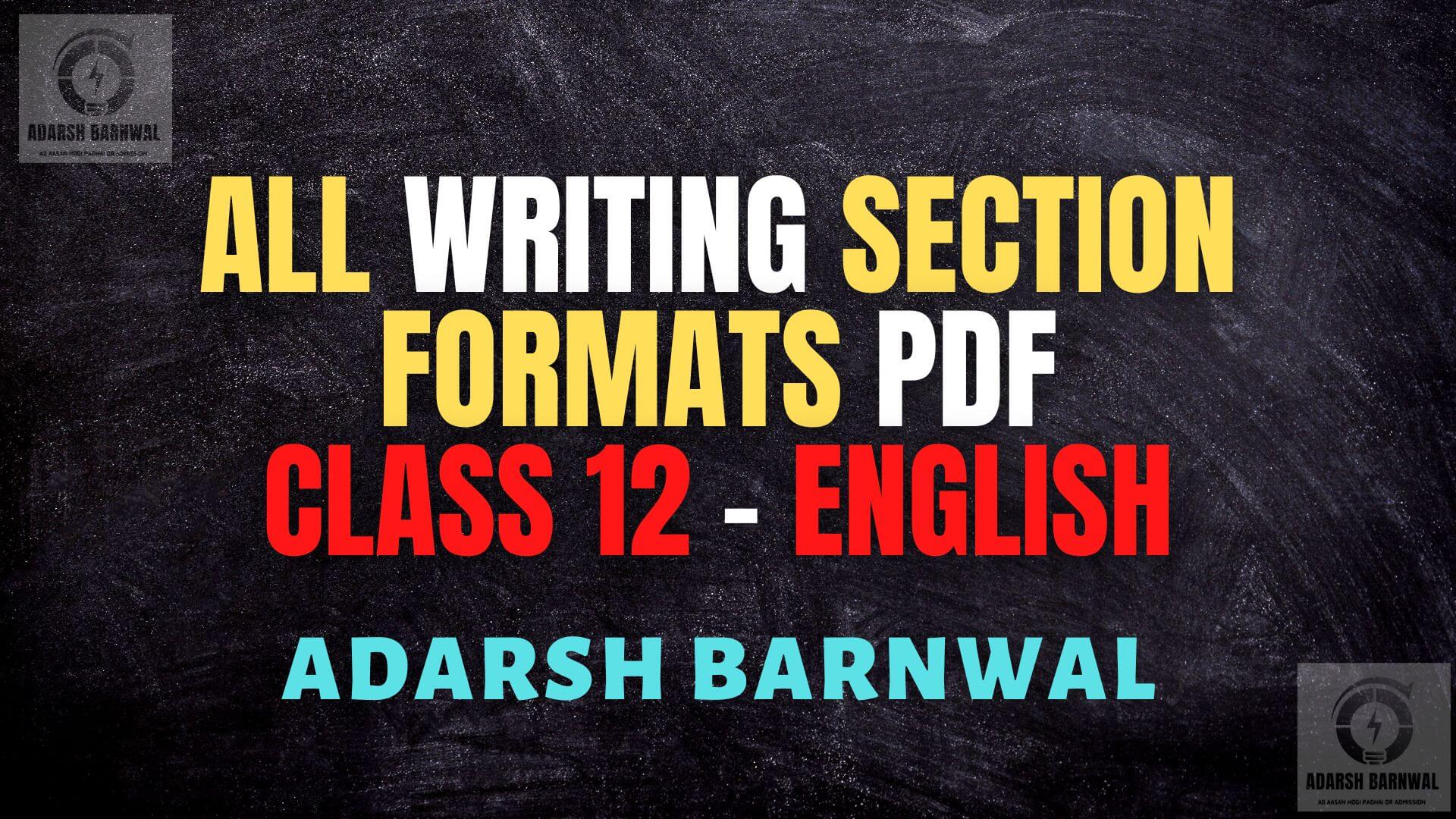
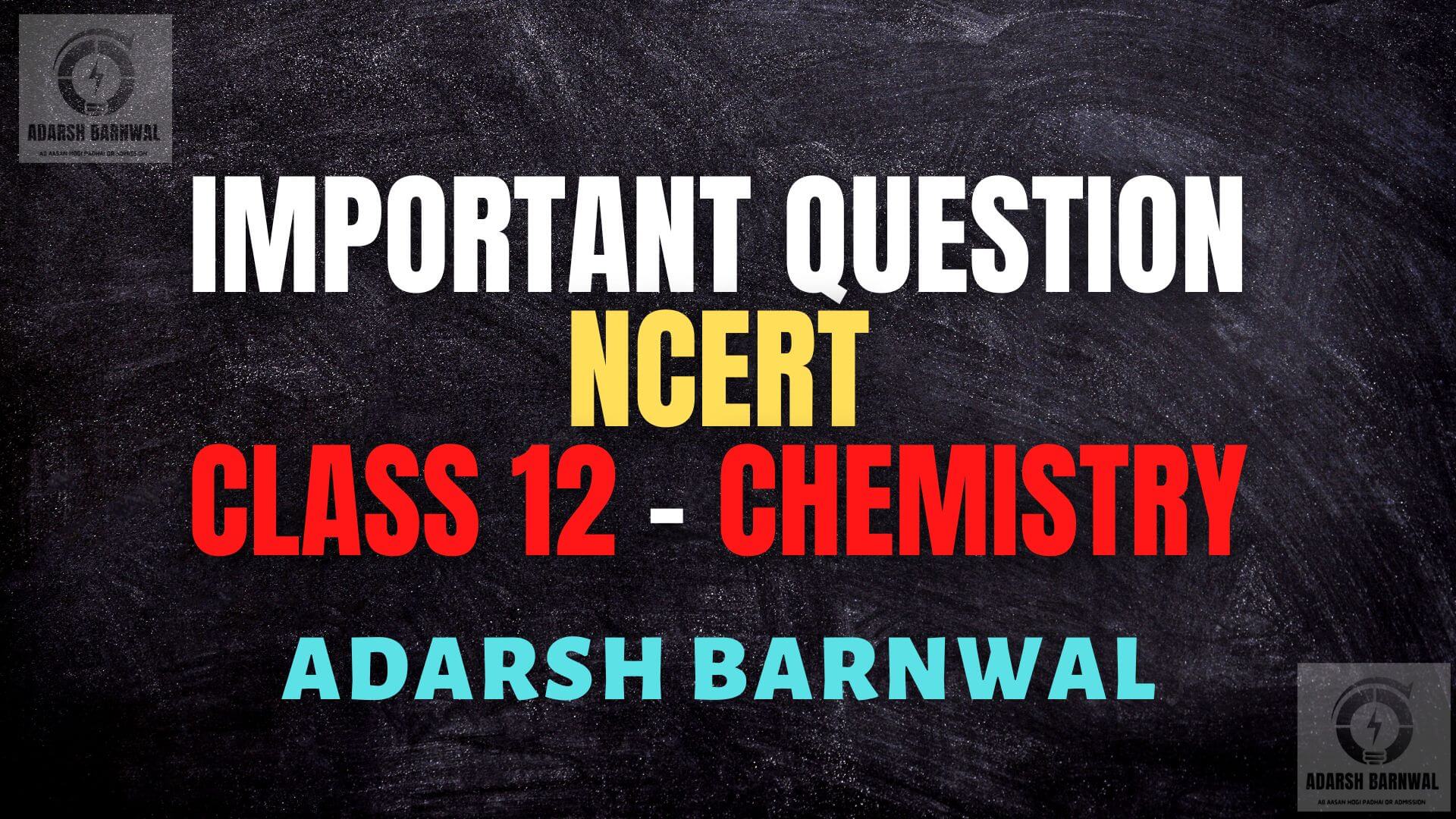



Comments are closed.